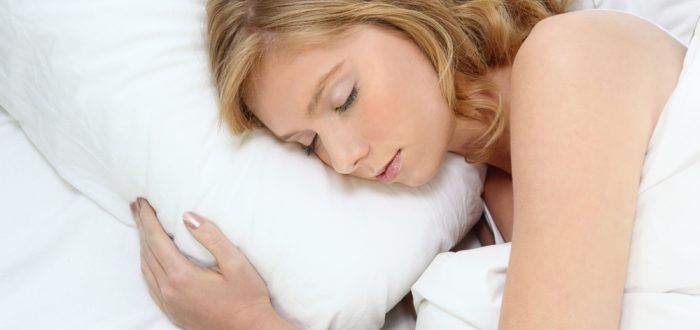Did you know that tinnitus affects about 50 million Americans? For many people, tinnitus (also known as “ringing in the ears”) affects one’s ability to fall and/or stay asleep. That is why we have put together a list of some tips and tricks that may help you or your loved one sleep better with tinnitus.
What is Tinnitus?
Although it may vary from person to person, tinnitus is often described as a constant “ringing in the ears.” Tinnitus can also occur in the form of a hissing, whistling, or buzzing sound. The pitch of the sound may vary between high and low, and the severity of it may change over time. For example, if you have just come back from a concert the level of your tinnitus may be greater than if you had just been working in a relatively quiet office all day.
Tinnitus can be caused by a variety of factors, including:
- Hearing loss
- Repeated exposure to loud noise
- Injuries to the head or ears
- Ear infections and/or diseases
- Medication side effects
- Stress
Click here to learn more about tinnitus treatment.
5 Strategies That May Help You Sleep with Tinnitus
Here are a few strategies and tips for getting a good night’s sleep when you are dealing with tinnitus:
- Sound Masking: Masking techniques prove beneficial to many people who have tinnitus. It basically just involves playing a background noise just a little bit quieter than your tinnitus in order to help your brain adjust to the ringing in your ears and eventually tune it out. Smartphone apps that play white noise and other soothing nature sounds are popular; make sure to ask your hearing care professional about tinnitus maskers.
- Try to Establish a Bedtime Routine: Consistency is important in training your body that it’s time to go to sleep. Try to set a sleep schedule and stick to it every day. This means not only going to bed at the same time, but waking up at the same time, too.
- Turn Off Any Electronic Devices in the Background: If your TV, mobile device, or computer is on in the background, it may prevent you from falling asleep. Turning off these devices or downloading a “screen-dimming” app, may help you fall asleep better.
- Lower the Temperature: Did you know that the optimal temperature for sleep is between 60 and 67 degrees? It’s simple; setting your thermostat within this range will encourage deeper, more efficient sleep.
- Limit Your Caffeine Intake: Although caffeine has positive associations with your hearing health, everyone knows it’s a stimulant and too much will likely make it more difficult for you to sleep. If you must drink coffee or tea after lunch, try to stick to a 1 or 2 cups or make it decaf.
Consult with the Hearing Experts at Kenwood Hearing Center
If you still have questions or would like to learn more, contact us today and schedule an appointment. Whether you want to learn more about how your hearing works or discuss your tinnitus, we are here to help you!
